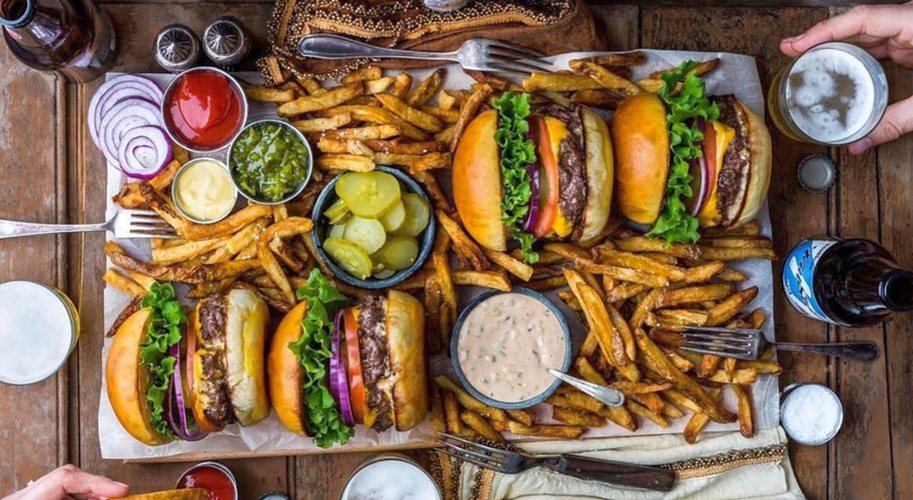Impossible Foods, a company that designs and makes plant-based meat alternatives, says that it plans to one day design something that will replace meat.
Plant-based meat products are bigger than ever, with the fast-food industry, grocery stores, and upscale restaurants coming on board. A recent Nielsen report found that plant-based meat alternative purchases went up 279.8 percent last week after Americans were instructed to stay home during the coronavirus pandemic.
Impossible Foods, a company that develops plant-based meat products, says its mission is to someday replace the incumbent meat industry entirely, stating that, from a mission standpoint, a sale only has value if it comes at the expense of the sale of an animal-derived product.
But what if plant-based meat wasn’t just a substitute for an already-existing marketplace, and instead, it started to make meat that has never existed?
On this week’s Vergecast podcast, Impossible Foods CEO Patrick Brown talks to Verge editor-in-chief Nilay Patel about how this impossible meat could be a possibility in the future, even if it doesn’t make sense for the company right now.
Below is a lightly edited excerpt of the conversation.
Right now, you’re in the business of substitutes, right? Substituting for ground beef, you’re a better product. You think it’s better for the environment. You think it tastes just as good. You’re doing it with pork. You could make a novel meat, right? Is that something you’ve thought about? Making something completely different than any other meat that’s currently on the market?
Of course.
Is that something right now that you just want to take over substitutes and then make something new?
It’s something that’s been on our mind. And obviously, in the course of learning about the flavor chemistry and textures and meat and so forth, we know quite a lot about the difference between pork and beef and other meats from animals — so to speak, where you set the knobs with respect to the flavor chemistry and we can navigate that whole space. We can create things that would be unmistakably meat, flavor and texture, but unlike anything that you’ve had before in that category.
Because after all, the choices of meat that are available in the world today are basically a historical artifact of the species that people were able to domesticate 10,000 years ago. And they weren’t chosen because they were the most delicious animals on earth. They were chosen because they were capable of being domesticated. And that’s what you get. So, yes, there is a lot of possibility for creating, let’s say, flavors that would deliver as meat but are unlike anything on the market.
Why haven’t we done that? Because it gets back to our mission. A sale to us has value from a mission standpoint, only if it comes at the expense of the sale of an animal-derived product. And the best way for us with our current state — a lot of people don’t know about us barely learning about us — the simplest thing to do to maximize the chance that our sale costs a sale to the animal drive meat industry is to very deliberately occupy the same niche. We send a very clear signal that if you’re thinking about buying ground beef, you can buy this and get the same experience and so forth. If you’re thinking about buying a Whopper, and that’s what you have a craving for, you can buy an Impossible Whopper, and you’ll get that experience you want.
So in order to maximize in that part of our mission — which is that our sales come at the expense of the incumbent industry — right now, it makes sense for us to make products that are easily recognizable as one-for-one replacements for an animal-derived product.
But in the future, I think there is a lot of ways in which I think we can have a lot more fun and create a diversity of flavors and textures and so forth. But we don’t want our sales to be supplementary to existing meat sales. We want them to be at the expense of existing meat sales. So that’s the core idea.
How close are you to making a ribeye steak, to making a short rib? Things like that, which are traditionally harder for the plant-based vendors to make?
Well, I would say no one has done it, so traditionally harder is probably an understatement. But yeah, it’s definitely something we’re working on. I would say, in general, when you talk about how close are you? You don’t know how close you are until you get there. And then you can say how close you were. But you know, it’s a work in progress. There is still a lot of development underway. And there’s no doubt in my mind that it’s coming. But we’re not ready to put a date on the calendar.
Original source: https://www.theverge.com/

